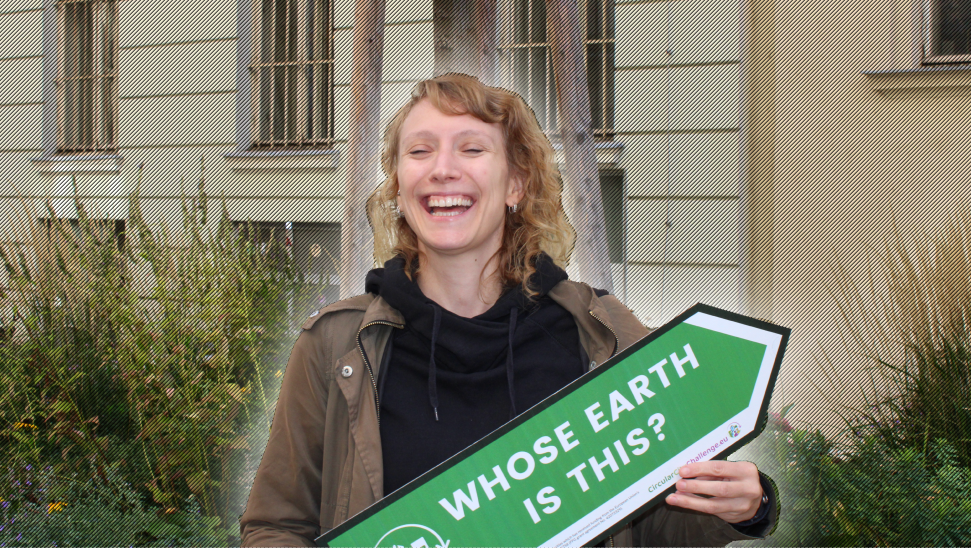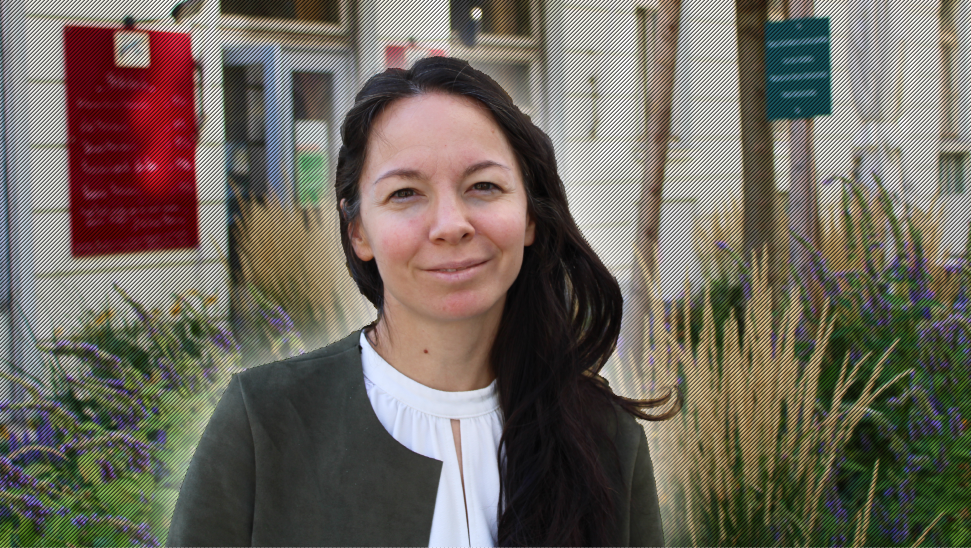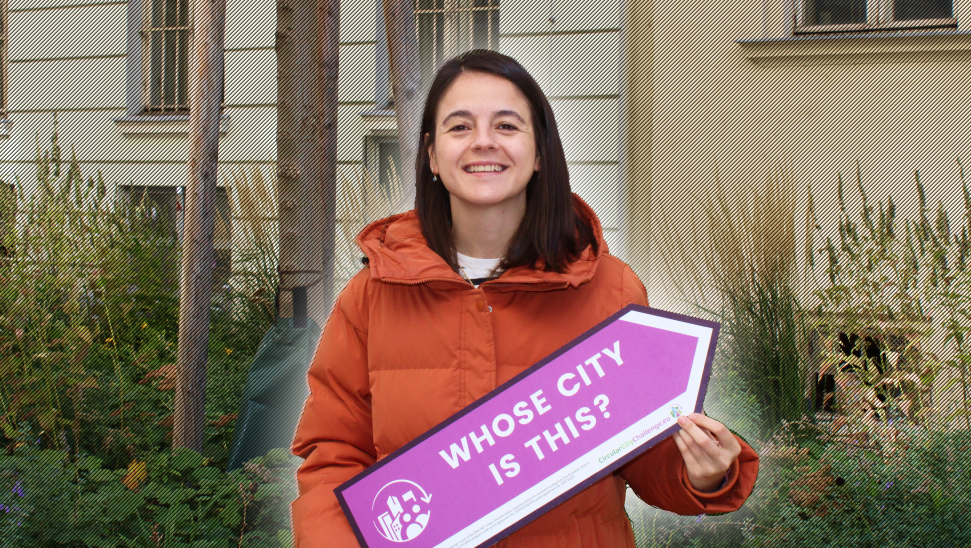
Meet the Team: Diotima Bertel
What drives you professionally? What do want to achieve with your (personal) work? What do you consider your biggest personal successes? What are the barriers to your ambition?
I am a social scientist with a focus on social inequalities, hierarchies and (gendered) power dynamics and how these are mediated by technology. Understanding how technology mediates inequalities in our society is crucial if we want to create approaches and technical solutions that are beneficial to society rather than increasing inequalities.
In this sense, my biggest success is being able to work as a researcher on projects that contribute in a meaningful way to our society. Whether it is understanding how narratives influence migration, how the COVID-19 pandemic reinforces structural inequalities, or how we can educate young people about circularity and sustainability (those are all topics I am currently working on), all of my projects have the potential of achieving a relevant impact. At the same time, however, we have to fight structural inequalities.
Why is CCC important to you? What is your role in the project?
I am a researcher in the project and personally, I am interested in young people’s priorities and interests. Even more so, I am interested in the way this challenge-based approach to education can be organised in an inclusive manner so people from disadvantaged groups feel comfortable to participate in the competition. Co-creation workshops and evaluation activities with young people will provide interesting insights in that regard, as will the submissions themselves. Hopefully, this will allow us to contribute an educational approach that is more inclusive that current education that is often biased in terms of gender and race/ethnicity.
How can CCC make a difference? What are the barriers to that? And what are the opportunities?
CCC is a really interesting project with the potential to have great impact. It collects fresh and existing ideas from young minds and connects these ideas with city representatives, with persons from industry, and science. Letting young people choose their own projects, the competition could be an exciting and innovative way for education, particularly for such a complex and interconnected topic like circularity. While young people are already very much aware of the importance of sustainability and the threat of climate change, informing them about the possibilities to fight it is our best chance for a sustainable future.


